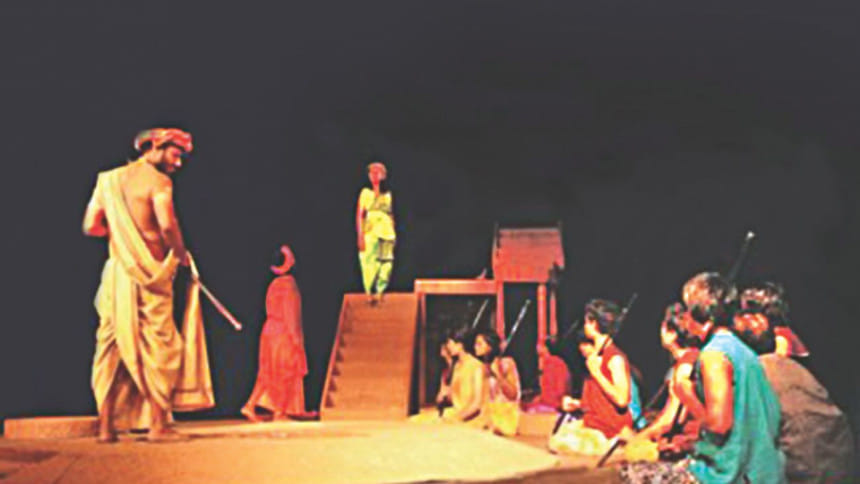A Poet and an Astrologer

Percy Bysshe Shelley, in his A Defence of Poetry, written in 1821, most famously declared poets are the unacknowledged legislators of the world. Shelley was a romantic, and we all know romantics are by nature, affected with mystery and emotion, which inevitably tug them away from reality. Obviously, their utterances are prone to exaggeration—at least that is what most worldly people think. But living in the 21st century, I fully and firmly subscribe to Shelley's above quoted statement.
Shakespeare said, The lunatic, the lover and the poet, are of imagination all compact—a very compatible yet paradoxical parallelism between lunatic, lover and poet, indeed! This also reminds me of Cervantes' milestone novel Don Quixote, for he too in this book, has drawn a parallel between poets and eccentrics who prefer to turn their backs on life for the very reason that they love to merely select from life what pleases them—and there infiltrates imagination! English playwright and poet William Shakespeare and Spanish fiction writer Miguel de Cervantes were contemporaries, though Cervantes was born seventeen years after Shakespeare. Interestingly, both of them died in April 1616—Cervantes only one day before Shakespeare.
There are innumerable examples of poets and writers born with prophetic qualities—one ready example is Jules Verne, a French poet, novelist and playwright of the 19th century, who wrote revelatory fictions like 20000 Leagues Under the Sea, Around the World in 80 Days, Journey to the Center of the Earth. We have our indigenous examples too. In our folk fairy tales, we see bangma-bengmi (birds with oracular powers) to predict our futures or fly the fairy characters thousands of miles in an instant (with supersonic speed), google-like mirror that gives information of the world in an instant, etc. So much so is the power of romanticism! Even an all time great scientist like Einstein believed that a man without imagination is worth nothing.
It is not uncommon that poets and writers have inbuilt apocalyptic visions. Khana, born in the ancient time in rural Bangladesh, was such a female poet. It is said that Sappho, perhaps, was the first best-known woman poet born in the 7th century in Greece. But Khana was born approximately in the 9th century, who was not only a poet but also an astrologer—legendary at that! For till now, we often quote and find truth in Khanar bachan (Khana's proverbs) that mostly deal with agrarian cultures.
Innumerable legends surround Khana, who is known also as Leelavati. One such legend has been adeptly and artfully used by playwright and theater activist, Samina Lutfa Nitra, to write her play Khona. The very purpose of my using adeptly and artfully is, Samina has been very successful in putting up the case of a woman who struggled so hard to establish the very essence of social reality and truth rooted in the proposition that subalterns of the society matter a lot for better life and living. But then, she utterly failed because of male chauvinism and domination and their heinous bigotry attitudes. Not much of a documentation support is there to dig out the real truth about severing Khona's tongue for her being a shrew that eventually, both covertly and overtly, challenged her father-in-law's very existence as a prognosticator—but of course it is a very likely interpretation keeping in mind, the 9th century societal reality (or our reality even in the 21st century!). The play reminds me of a song too, by Mallika Sengupta themed on Khana.
It is a very well-written, well-directed and well-produced play by Bot Tala, a theater group in performance for how many years, I am not sure as I failed 3/4 times to enter its webpage! No doubt their slogan aesthetics and language through action thoroughly endorses their performances, for I also have seen their other hallmark production, Krucher Kornel (spelt Crutcher Colnel by the group). But of course, I like Khona more than Krucher Kornel, though both have been directed by Mohammad Ali Haider. I am even intrepid enough to say Khona is by far his best-directed play.
The writer is an educationist teaching English Language & Literature at Central Women's University. He is also a Bangla Academy awardee for translation.

 For all latest news, follow The Daily Star's Google News channel.
For all latest news, follow The Daily Star's Google News channel. 



Comments